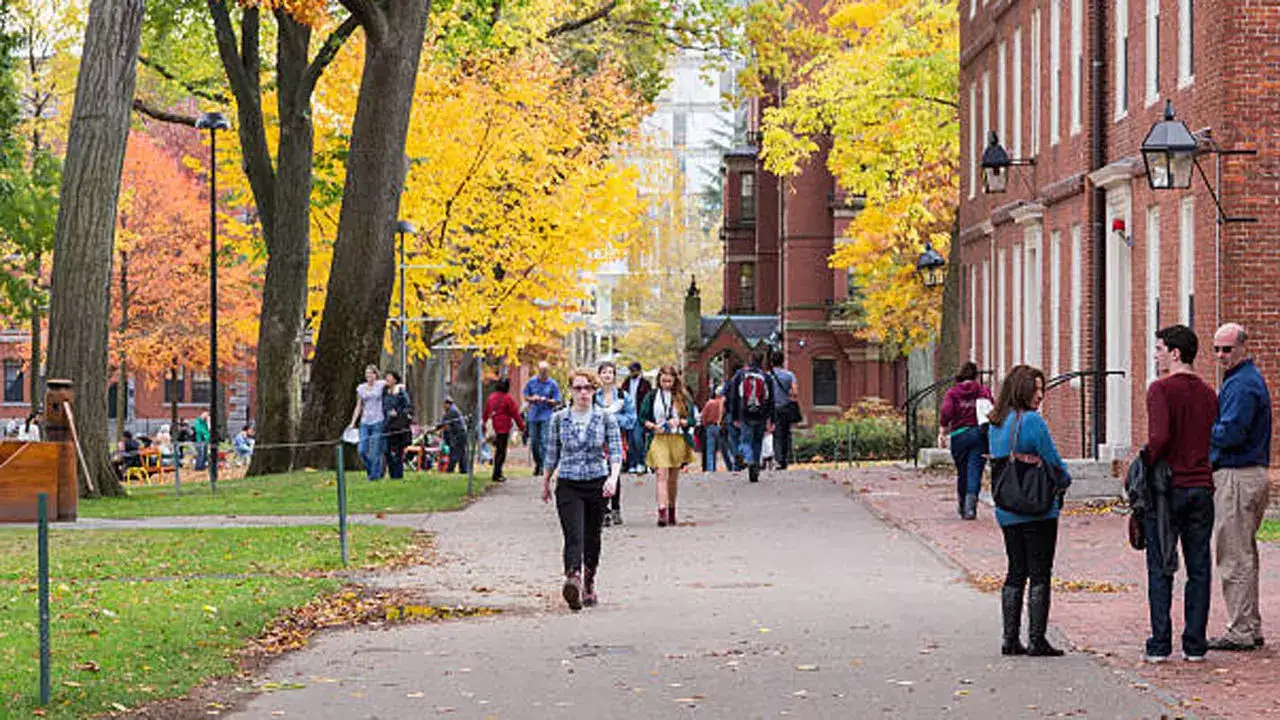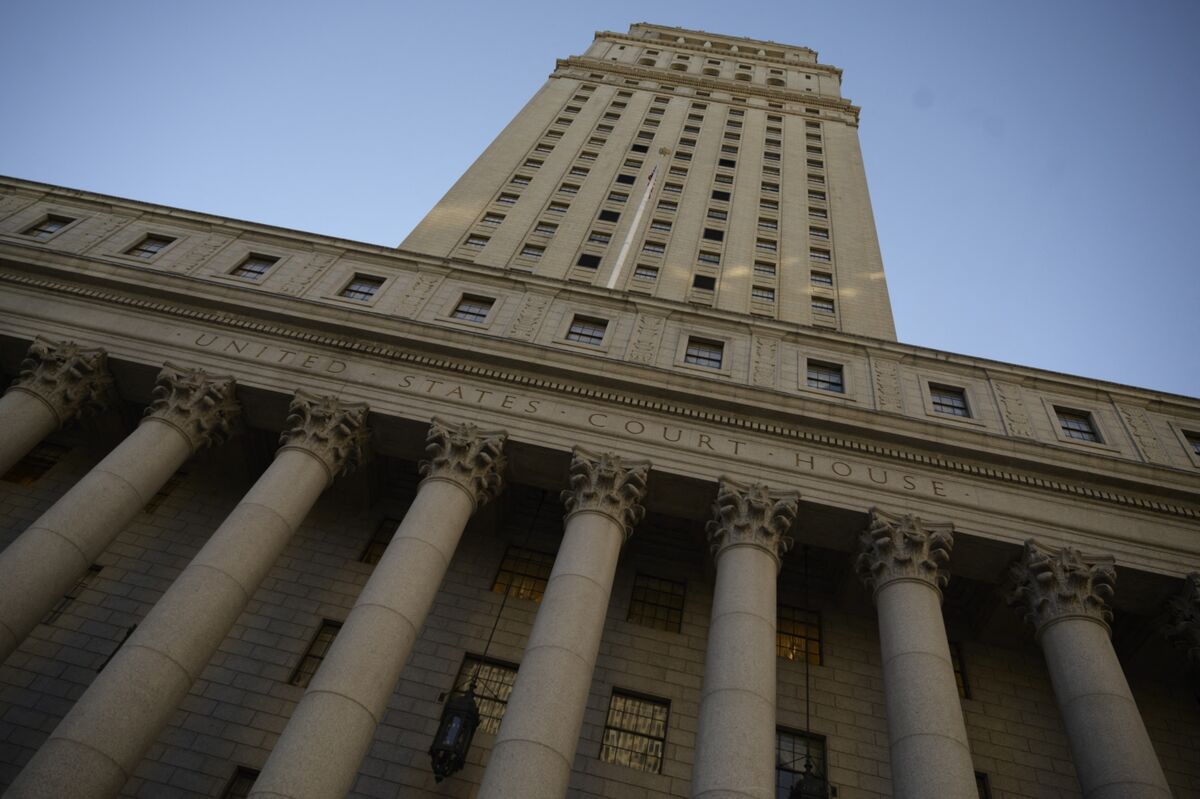Copyright indiatimes

After years of stable growth, Cambridge is preparing for tighter budgets that could affect school and community programs. According to The Harvard Crimson, city officials discussed the outlook during a recent roundtable with the City Council and School Committee, where they said an economic slowdown will likely extend over several years.Education and youth programs under reviewAssistant City Manager for Fiscal Affairs and Public Investments Claire Spinner said declining revenue sources are now shaping how the city plans its education and public budgets. Spinner cited three key challenges: lower non-property tax revenues, a decrease in overall property tax values, and a shift in the tax burden from commercial to residential properties.“These negative trends really have serious implications for the city's financial health,” Spinner said, as reported by The Harvard Crimson. “They include the erosion of our excess levy capacity and an increasing burden on taxpayers.”Officials said these conditions may lead to cuts in community and school programs that have benefited from the city’s stronger budgets in previous years.School funding pressures and program impactIn the past, Cambridge’s budget flexibility allowed it to expand early education and extend school hours. It also supported universal pre-K, student safety initiatives, and school-linked community services. Spinner said these areas could now face limits as property tax growth slows.Vice Mayor Marc C. McGovern said that any move to reduce school or youth programs would affect families directly. “If the conversation turns to cutting programs or people, there are people in the community that depend on those programs,” McGovern said, according to The Harvard Crimson.Steps to manage costsTo balance the budget, City Manager Yi-An Huang has asked all departments to identify 2.1 percent in savings through reduced consulting contracts, overtime, and temporary salaries. The city also plans to suspend out-of-state travel until the end of the fiscal year. According to The Harvard Crimson, these measures are part of a larger plan to save about 12 million dollars in Fiscal Year 2027.Budget Director Taha Jennings said the city is proceeding carefully and acknowledged that Cambridge has not faced a similar financial situation in recent memory.Core education priorities to remainDespite fiscal constraints, officials said certain education-related commitments would continue. The city’s support for universal pre-K and public school programs remains a priority, and the Cycling Safety Ordinance—connected to student and youth safety—will move forward. The ordinance requires 25 miles of separated bike lanes to be installed by November 2026.“We all understand the policy imperative to meet the deadlines that we’ve committed to in the CSO,” Huang said, as reported by The Harvard Crimson. “We will need to find less expensive ways to meet those goals and build safe infrastructure.”Adapting to long-term changeMayor E. Denise Simmons said the city must now adjust to a period in which education and public investments will depend on tighter planning. “In Cambridge, we have been in a place where we’ve never had to think about how to fund things,” Simmons said. “Those days, for however long this may be, are gone,” according to The Harvard Crimson.Ready to navigate global policies? Secure your overseas future. Get expert guidance now!



